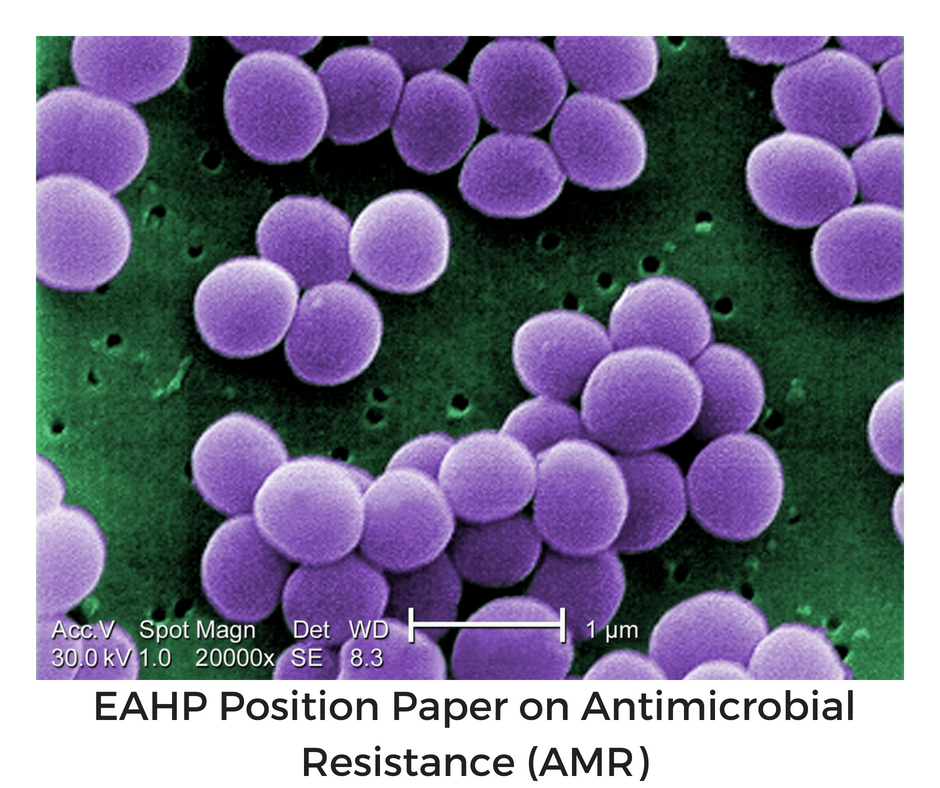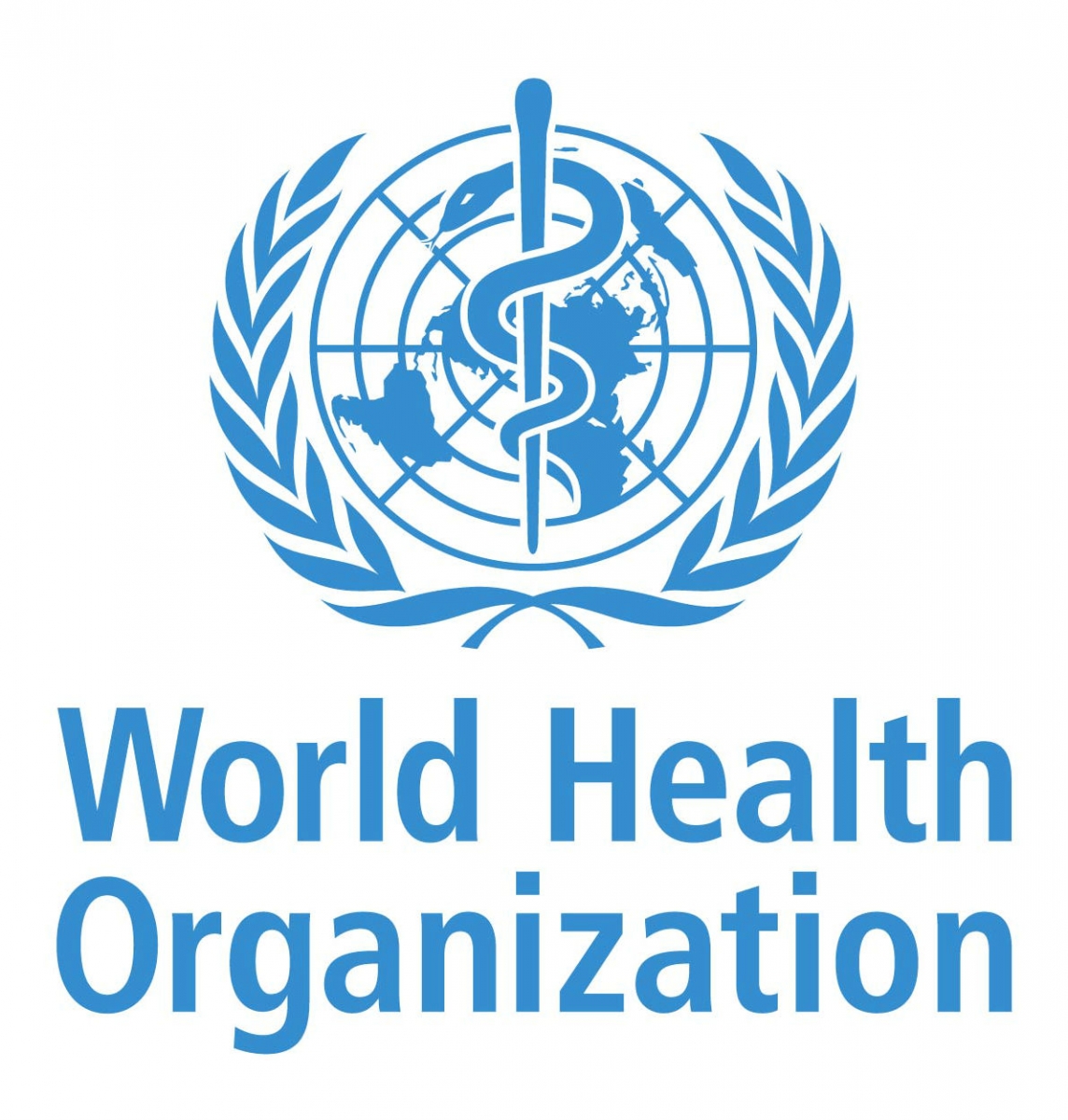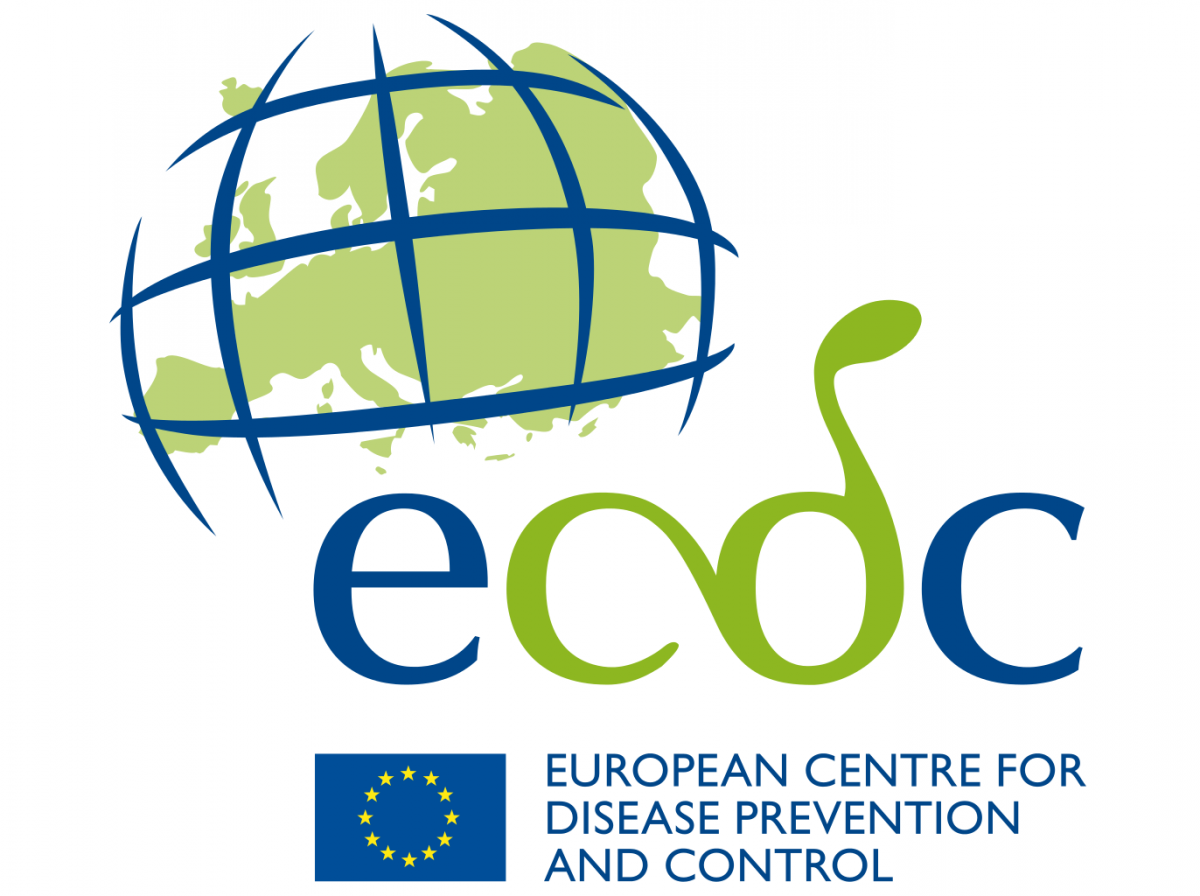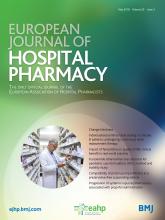EAHP EU Monitor -How can we stop the rise of superbugs?
The EAHP EU Monitor is a regular round up of news relevant to hospital pharmacy in Europe.
You can subscribe to receive the EAHP EU Monitor by email HERE.
 EAHP updates position on AMR
EAHP updates position on AMR
Earlier this month, the General Assembly of the European Association of Hospital Pharmacists (EAHP) adopted a revised position paper on antimicrobial resistance (AMR). The position focuses on the prudent use of antimicrobial drugs through antibiotic stewardship to ensure efficient therapy for patients with life threatening infections.
To maintain the efficacy of antimicrobial drugs and to prevent further spread of AMR, EAHP demands an interprofessional approach. Antibiotic stewardship teams which are still far away from being routine in European hospitals could help to alleviate the situation. Patients are not yet actively asking for the use of antibiotic stewardship teams in hospitals, however scientific results show their contribution to resistance development, the efficient reduction of antibiotic overuse and even cost savings. Therefore, EAHP calls on national governments and health system managers to utilise the specialised background and knowledge of the hospital pharmacists in multi-professional antibiotic stewardship teams.
However, not only stewardship teams are needed to combat AMR, but also universal application of infection prevention and control measures is necessary. Existing toolkits such as the one for healthcare professionals in hospitals and other healthcare settings of the European Centre for Disease Prevention and Control (ECDC) should be used by hospital pharmacists to increase the uptake of prophylactic measures. Moreover, in light of the ‘One Health approach’ of the European Commission’s One Health Action Plan, EAHP strongly supports regulatory oversight and proper implementation of measures in the veterinary and agriculture sectors on European, national and local level.
In relation to the support of research and development, EAHP believes that despite the commitments of the European Commission included in the One Health Action Plan further incentives are needed. Consequently, EAHP urges increased investment to support the development of innovative proposals and the encouragement of practice based research projects to investigate new fields of infectious disease control such as immunotherapy. In addition, EAHP’s position paper highlights the need for governments to make arrangements that essential antibiotics will be maintained on the market with contingency stock level arrangements and alternative production by hospital pharmacists enabled where necessary.
Read EAHP’s position paper on AMR HERE
WHO Competency Framework on AMR
Three years ago the World Health Organisation (WHO) launched its global action plan to tackle antimicrobial resistance (AMR). To support the efforts of this action plan, WHO released a Competency Framework for Health Workers’ Education and Training on AMR. This document contains a matrix menu of core and additional knowledge, skills and attitudes for health workers in the field of human health. It is designed to be used as a reference guide and applied according to local priorities and needs.
On the one hand, the framework makes suggestions for the training of prescribers and non-prescribers such as (hospital) pharmacists, nurses and laboratory technicians in the fields appropriate use of antimicrobial agents; infection prevention and control; diagnostic stewardship and surveillance; as well as awareness raising . On the other had it addresses information on the knowledge, skills and attitudes of all healthcare works and of public health officers/health services managers.
As its main theme, the competency framework highlights the need for an interprofessional approach based on the principle that reacting to AMR requires a shared understanding, and effective collaboration and communication among health workers. The use of antimicrobial stewardship teams is encouraged. In particular public health officers and health services managers should be enabled to determine and implement best approaches to antimicrobial stewardship which helps to optimize clinical outcomes while minimizing unintended consequences of antimicrobial use.
Read information HERE
ENVI Committee calls for more action on AMR
The European Parliament’s Environment, Public Health and Food Safety (ENVI) Committee backed two measures aiming at fighting the use of antimicrobials in the European Union. These include the Own Initiative (INI) report on the European One Health Action plan against antimicrobial resistance and the Proposal for a Regulation on veterinary medicinal products. The ENVI Committee adopted the reports on these matters unanimously.
The INI report underlines that the growing threat posed by antibiotic-resistant bacteria can be tackled through the “One Health” approach proposed by the European Commission’s AMR action plan. In this regard, Members of the European Parliament urge the European Commission and Member States to restrict the sale of antibiotics for both human and veterinary use and to remove prescription incentives. In addition, they call for the promotion of preventive measures, an increase in “health literacy” and heightened efforts to raise awareness of the perils of self-medication and over-prescription. Future research and development priorities should be supported through an EU priority pathogen list for both humans and animals and incentives should be created to stimulate investment in new substances.
The Proposal for a regulation on veterinary medicinal products aims at fighting the abuse of the use of antibiotics in husbandry, which are used particularly to boost animal performance. It suggests restricting the preventive use of antibiotics in veterinary medicine and drawing up a list of ‘critical’ antibiotics that can only be used in the field of human medicine. The Regulation also encourages innovation in the area of antimicrobials through incentives such as longer periods of protection for the technical documentation of new drugs.
More information on the INI report HERE
More information on the Proposal for a regulation on veterinary medicinal products HERE
ECDC reports rise of carbapenem-resistant enterobacteriaceae
The European Centre for Disease Prevention and Control (ECDC) has released a new rapid risk assessment on carbapenem resistance highlighting the threat to patients and healthcare systems in all European Union and European Economic Area countries. The report outlines the growing rise of carbapenem-resistant enterobacteriaceae (CRE) since the 1990s which often are a cause of urinary tract infections and bloodstream infections.
Particularly high resistance levels were reported in Italy, Greece and Romania. To prevent the spread of CRE which is usually associated with prolonged hospital stays, high treatment costs, treatment failures and high mortality, prevention and control measures are recommended by the rapid risk assessment. These include actions related to limited treatment options and high mortality; actions to prevent transmission of CRE in hospitals and other healthcare settings; actions to prevent spread of CRE into the community; actions to prevent cross-border spread; and, actions to reduce risks for healthcare systems.
Similarly to EAHP’s position on AMR, also the rapid risk assessment by ECDC suggests the implementation of antimicrobial stewardship programmes and the use of hygiene measures for the prevention and control of the emergence and spread of CRE and other multidrug-resistant bacteria in the hospital setting. In addition, the report highlights the need for new antibacterial agents (antibiotics) active against prevalent multidrug-resistant bacteria such as CRE.
Read information HERE.
Innovative teaching methods in hospital pharmacy
As part of PhD work on new teaching methods in hospital and clinical pharmacy a survey has been developed by the Geneva University Hospitals. The objective of this survey is to assess how many pharmacists are using innovative methods to teach to students in universities or to healthcare professionals.
If you are using innovative pedagogic methods such as e-learning, simulation, role-playing workshops, flipped classroom, augmented reality, other pharmacists may be interested by your feedback. Share your knowledge on innovative methods or learn more about teaching them through completing the English survey via the following LINK. Participation will take up approximately 15 minutes of your time. Questions can be posed to Audrey Flornoy via audrey.flornoy[at]hcuge[dot]ch
Thank you for your time and your assistance!
EJHP: Factors associated with patient satisfaction in an outpatient hospital pharmacy
The online first edition of the European Journal of Hospital Pharmacy (EJHP) recently published the results of a study that analysed the factors leading to greater satisfaction among patients attending the outpatient hospital pharmacy. The outcomes show that outpatients value the quality of care provided by pharmacists in the outpatient pharmacy in particular, the information provided, the resolution of doubts, the personal attention and time devoted to them.
Read more HERE
------------------------------------------------------------------------------------------------

Consultations
EMA - Questions and answers on Bovine Spongiform Encephalopathies (BSE) and vaccines
The document contains an update of the information in the Public Statement on the Evaluation of Bovine Spongiform Encephalopathies (BSE). Since 2001, understanding of the risks associated with BSE has progressed significantly and a routine review of EMA guidelines identified this document as requiring updating. It includes information on the use of bovine derived materials in vaccine manufacture.
Deadline – 31stJuly 2018
More information HERE
EMA- Guideline on quality aspects included in the product information for vaccines for human use
The guideline describes the information on the quality aspects to be included in the Product Information of vaccines for human use.
Deadline – 31st July 2018
More information HERE
EMA- Reflection paper on investigation of pharmacokinetics and pharmacodynamics in the obese population
The reflection paper aims at describing how the effects of obesity can be investigated during clinical drug development, providing recommendations on when investigations of the effect of obesity on the PK of a drug should be considered, providing information on specific important considerations for these investigations and discussing how to reflect PK findings in weight/size based dosing recommendations.
Deadline – 31st July 2018
More information HERE
EMA- Draft addendum to the guideline on the evaluation of medicinal products indicated for treatment of bacterial infections to address paediatric-specific clinical data requirements
This addendum to the Guideline has been developed to provide specific guidance on paediatric clinical development programmes that are required to support the authorisation of antibacterial agents for treatment of infectious diseases in paediatric patients. This Addendum provides guidance on clinical data requirements to support the approval of an antibacterial agent to treat infectious diseases in paediatric patients, both when extrapolation of efficacy from adults (source population) to paediatric patients (target population) is possible, and when this is not the case.
Deadline – 30th August 2018
More information HERE
EMA- Draft guideline on clinical evaluation of vaccines
This guideline addresses the clinical evaluation of vaccines intended for the prevention of infectious diseases. It includes considerations for trials intended to document the safety, immunogenicity and efficacy of new candidate vaccines and to support changes in the prescribing information of licensed vaccines. It also considers the need for and use of vaccine effectiveness studies.
Deadline – 30th October 2018
More information HERE









